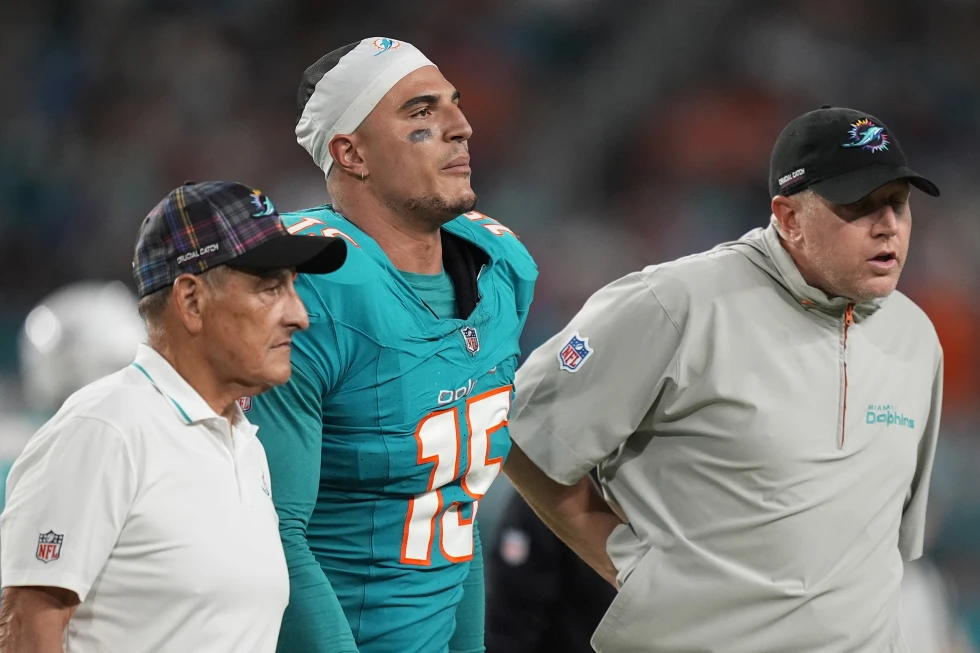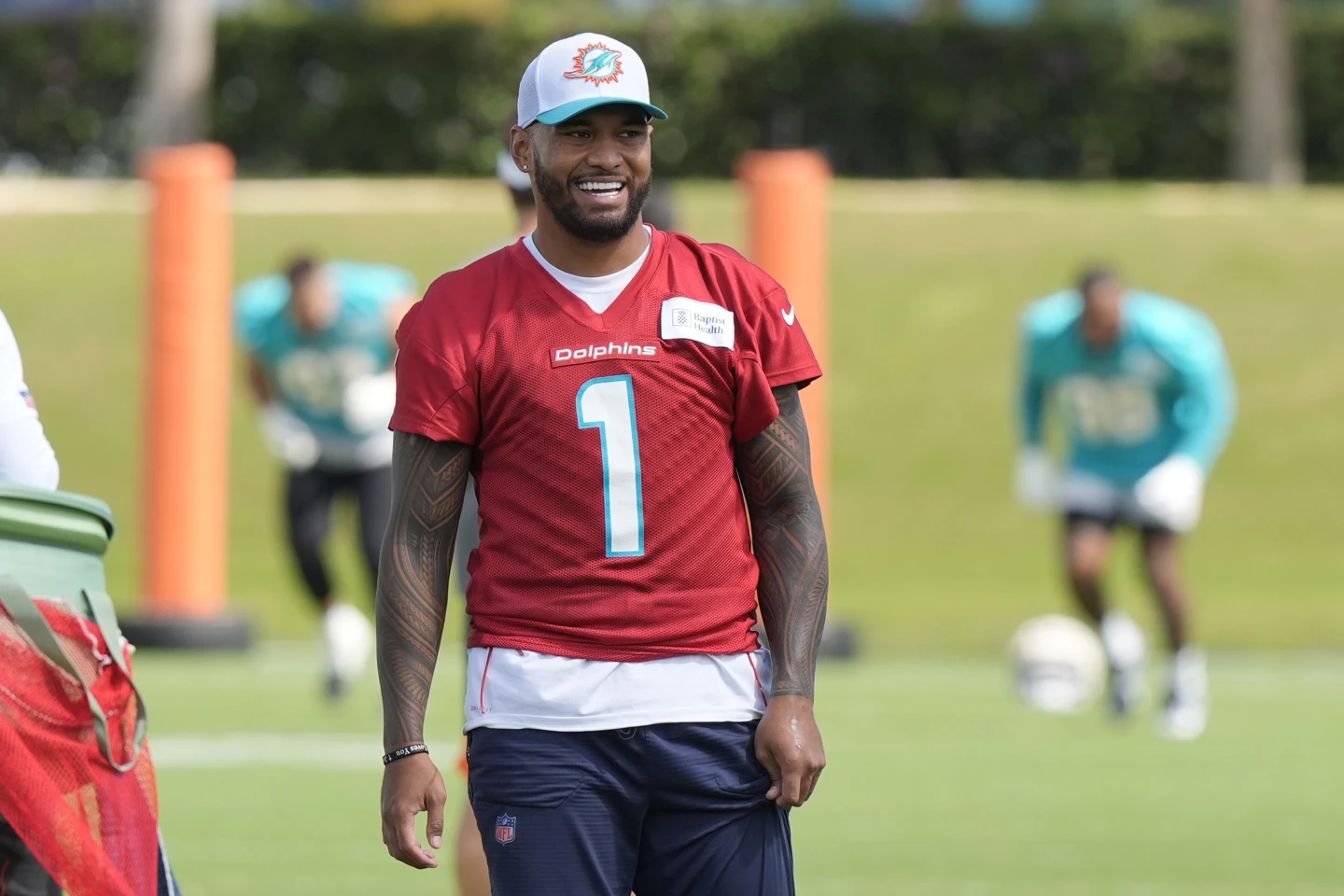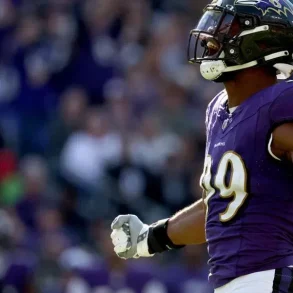Miami Dolphins quarterback Tua Tagovailoa has passed the NFL’s concussion protocol and will start against the Arizona Cardinals on Sunday. This will be his first game back since he was concussed in Week 2.
The team allowed Tagovailoa to return to practice on Monday after he spent about a month on injured reserve due to his third known concussion, which happened on September 12.
Since then, Tagovailoa has consulted several medical professionals who agreed it was safe for him to play. He had to go through the NFL’s five-step process to return to play, which involved practicing and taking hits without showing any concussion symptoms.
After Thursday’s practice, an independent neurological consultant evaluated Tagovailoa and cleared him for Sunday’s game, according to coach Mike McDaniel.
“Words can’t describe how excited I get for all players that have opportunities that I know they don’t take for granted,” McDaniel said on Friday. “It’s very exciting from a human perspective as a coach for this team.”

Tagovailoa’s concussion occurred when he collided with Buffalo Bills defensive back Damar Hamlin. He had run for a first down and made contact by lowering his shoulder into Hamlin instead of sliding.
Tagovailoa mentioned on Monday that he has not had any symptoms since the day after he was diagnosed with the concussion.
He has a record of head injuries since joining the NFL. In 2022, he was diagnosed with two concussions and experienced another serious hit to the head that resulted in changes to the NFL’s concussion rules.
Over the past month, Tagovailoa has traveled around the country to meet with medical experts who discussed his concussion history with him, according to the Dolphins. No doctor suggested that he should retire, and the decision to return to playing was made with input from his doctors and family, the team stated.
Tagovailoa mentioned that he won’t wear a Guardian Cap — a soft-shell helmet cover meant for extra protection — describing it as a “personal choice.” He already wears a special quarterback helmet designed to help reduce the risk of head injuries.







